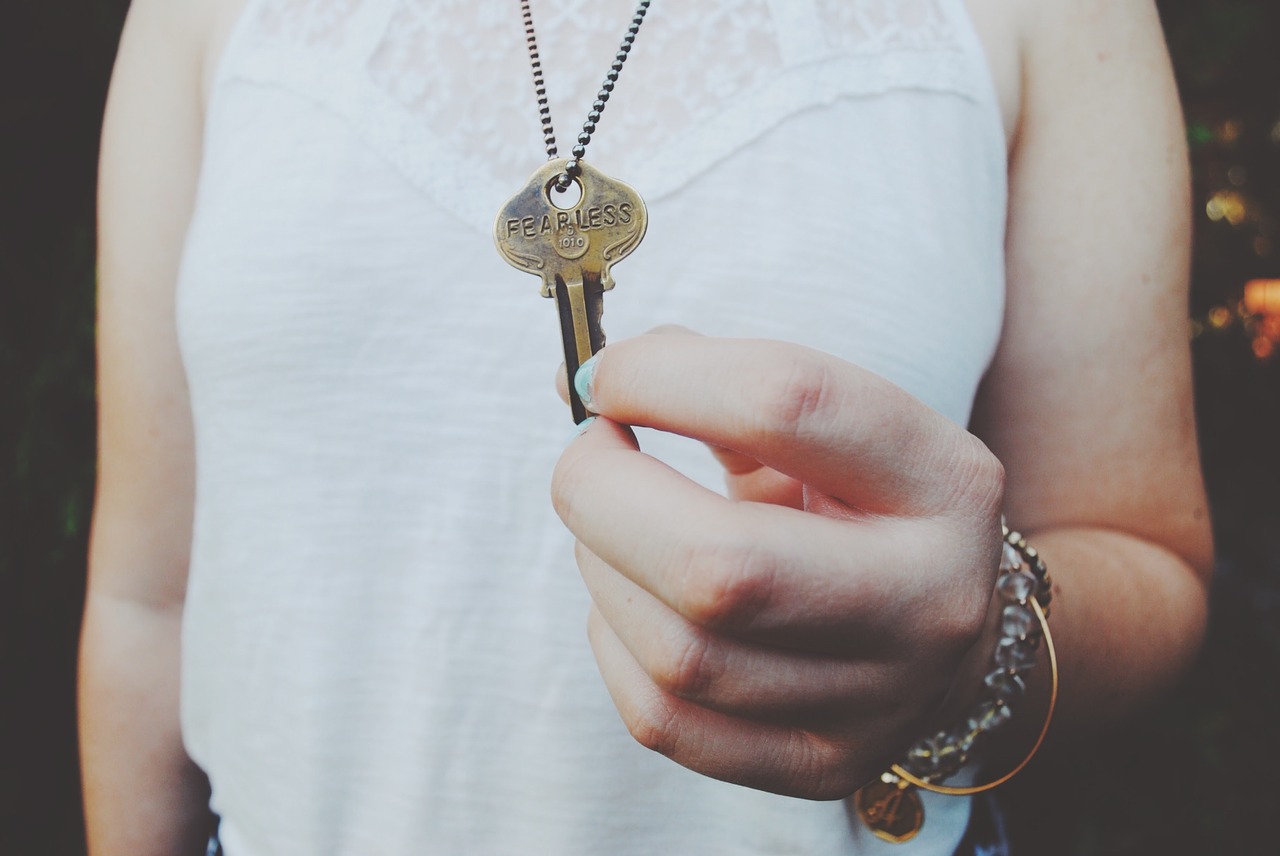Looking for a house for sale and buying a new home can be quite a stressful situation for the buyer. Almost every part of it can trigger stress. Even with the help of property agent or property portal like PropertyGuru in the search of the perfect house for sale, one will still need to follow some tips to make the whole process a little easier and less stressing.
1. Location
The first important decision you will make is the location. According to RWinvest’s guide to property investment UK for beginners, by deciding your location first, you will be able to fully structure your budget to avoid over/under-spending.
You will need to have an idea of the area you want to look for a property in before you even find a real estate agent but you can still get started by checking out mortgage (and mortgage refi) rates on a site like Credible.com. You will need to consider your commute to work, shopping, public transport, school systems and other infrastructures as part of your decision on where you want to purchase a property. You can easily find out information about all of these by searching for terms like houses for sale in Daren Felen for instance.
2. Landed Property
You should consider landed property. You can choose from a variety of houses instead of a condo or apartment. The price might be a little higher, but obtaining strata titles for condos is a lengthy process, which can delay financing. Looking for landed property is a good tip for both first-time buyers or buyers with experience. You can get one through a property auction bidding.
3. Flexible Mortgage
If you are a young buyer, look for a flexible mortgage that will suit your personal financial situation. If you’re middle aged, pay more on your down payment, if you can, and look for a flexible loan or mortgage. Flexible mortgages and loans mean that if you have a change in your financial circumstances, you can pay the balance over a shorter time period.
4. Budget
Before you begin to look for a house for sale, you need to set a realistic budget. Once you have done this, you need to stick to it. Many people make the mistake of stretching their budget or going massively over budget because they choose a property based on their feelings and emotions. You need to set your budget and find a property within the budget.
You still need finances for day to day living while paying off your loan or mortgage. Do not let your emotions leave you with a repayment that is much bigger than you can afford. You should not have to change your lifestyle in a massive way to make your repayments, although you may have to make small changes and cutbacks.
Although you are entitled to a 90% home loan, you will likely need to prepare at least 20% to cover legal fees, stamp duty and of course the downpayment itself. Don’t forget also the 30/70 rule where your commitment should not be exceeding 30% of your income.
5. Research
When you’re buying property guesswork shouldn’t be an option. You should look for a property that can give you a real return on your investment. In order to do this, you need to research market trends, what the market situation currently is like, which properties in the location are most popular, and the growth and projected growth of the area. Ask for advice from reputable property agents with proven records. Also, when you get advice, don’t pick and choose which bits you’re going to follow, and don’t make any decisions based on rumour and hearsay.
6. Start small, Aim Big
Buying your first home is a huge step to building up your financial net worth, and first-time buyers can become swept up in the types of property they want to purchase. It’s important to stick within your budget, and think of it as an investment. You could look at this as a long-term investment plan, and start by purchasing a condo or apartment. Eventually, you can move on to purchasing more expensive, larger properties with higher interest rates. Else you can always choose to go for continuous home improvements to enhance your living environment.
7. Affordability
You need to ask yourself if you are ready to purchase your own property. You need to be honest about your budget and your ability to pay the repayments on any mortgage or loan. A good rule of thumb is that if the repayments are not more than 33% of your budget then you can afford it. Another way to calculate this is the method that many lenders and financial institutions use – the 28/36 rule.
You can afford to spend 28% of your total monthly income on housing, including taxes insurance and fees, and you can afford to pay 36% of your monthly income on all debt, such as car loans, credit cards, and the housing payments. If you can’t finance a property purchase with these formulas, then you can’t afford the property.
8. Inspection
When you are inspecting the property, seek the advice and services of experienced professionals who know what they are doing. Having a reputable inspector look at the property with you can give you insight into repairs and maintenance before you make your purchase.












